Description
The study of the chemical and biological processes that take place in natural environments is known as environmental chemistry. It requires a grasp of how the natural environment functions, the types of naturally occurring chemicals that are there, the quantities of those chemicals, and the impacts those concentrations have. It would be difficult to conduct an accurate assessment of the impact that people have on the environment as a result of the release of chemical species in the absence of this. It is a multidisciplinary discipline that incorporates chemistry as well as physics, the living sciences, agriculture, the material sciences, public health, sanitary engineering, and other related fields. It is the study of the sources, reactions, transport, effects, and fate of chemical species in the air, water, and land, as well as the study of the effect of human activities upon the various environmental segments, such as the atmosphere, hydrosphere, lithosphere, and biosphere. In other words, it is the study of environmental chemistry. The realisation of the need of preserving the environment throughout the developed countries began in the 1960s and reached its pinnacle in 1970 with the celebration of “Earth Day” under the auspices of the United Nations. Beginning in 1972, when the United Nations Conference on the Human Environment was finally wrapped up in Stockholm, India and other developing nations began to pay increased attention to the most pressing environmental challenges. At the national level, there was a strong awareness of the pressing need for environmental education, both formally and informally. It is the purpose of environmental education to inform the general people about the significance of protecting and conserving our environment and the necessity of putting a stop to human activities that result in the uncontrolled discharge of toxins into the environment.
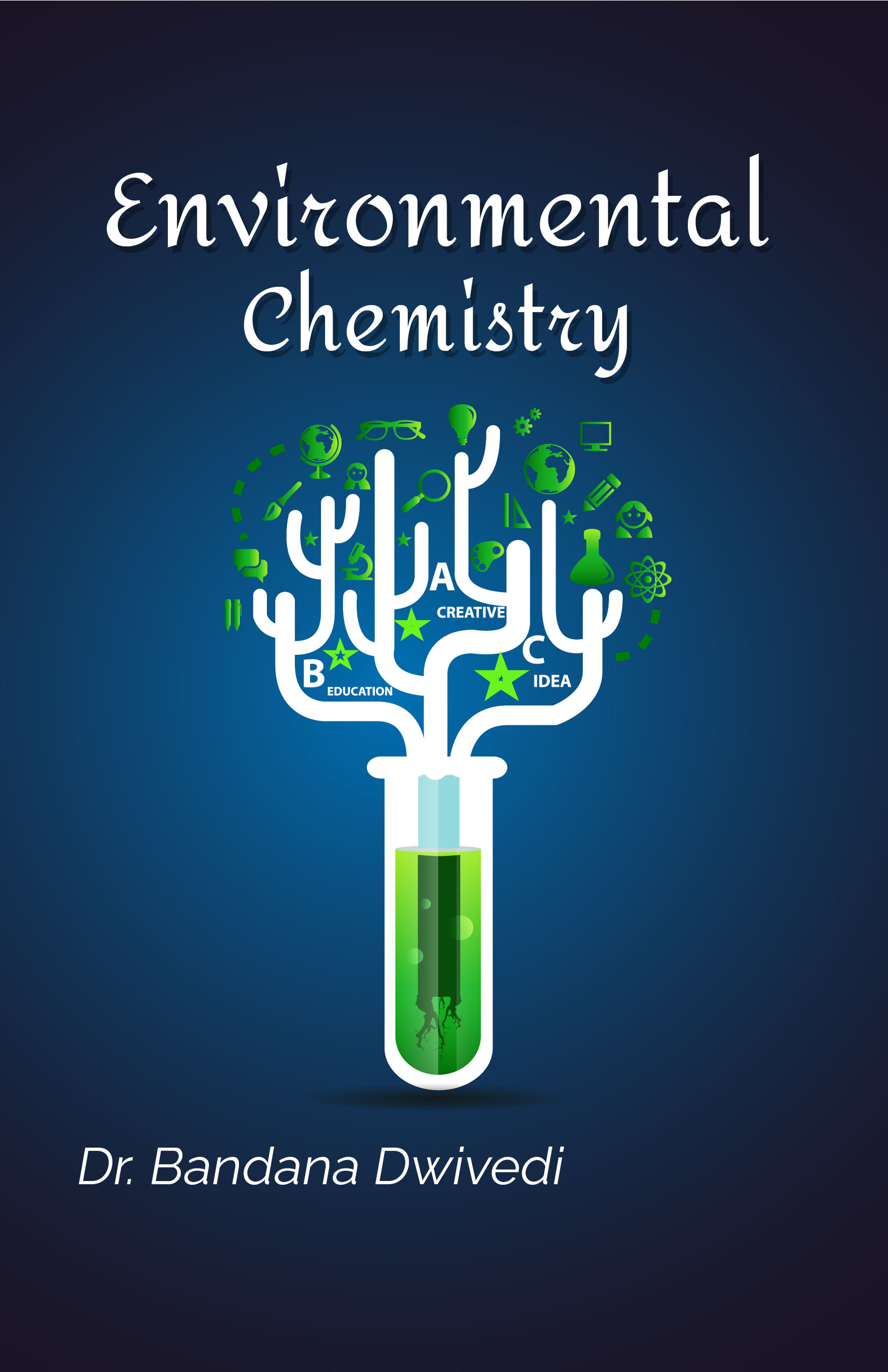
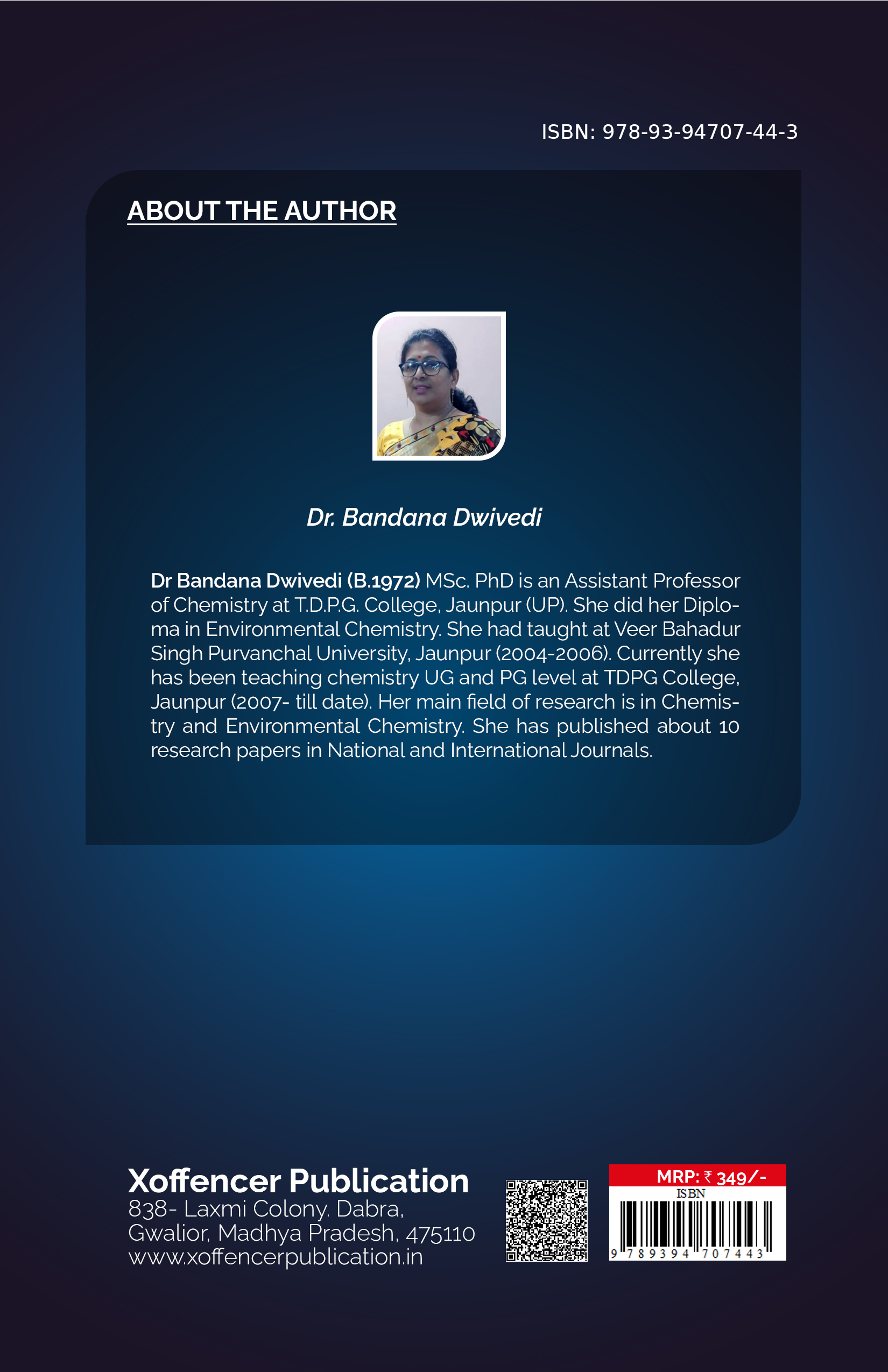
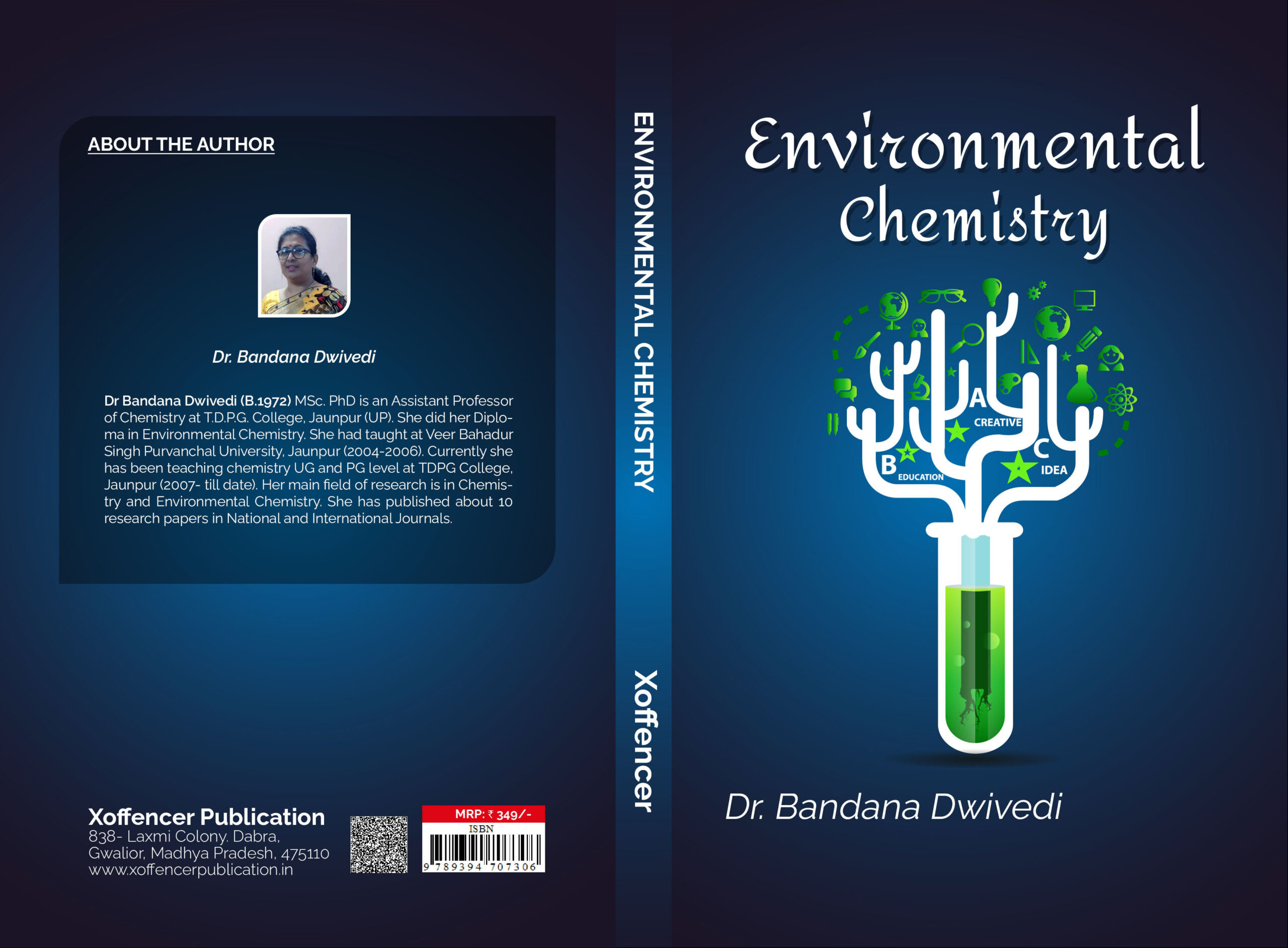




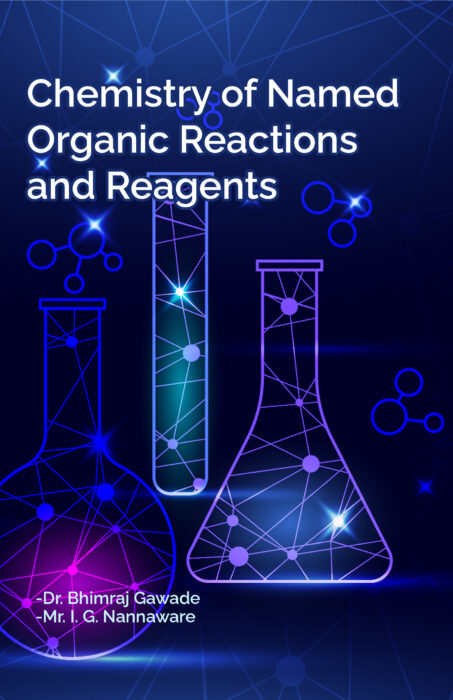
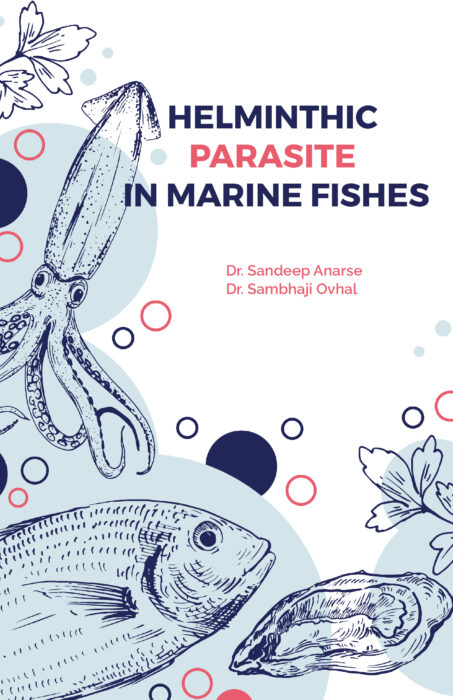
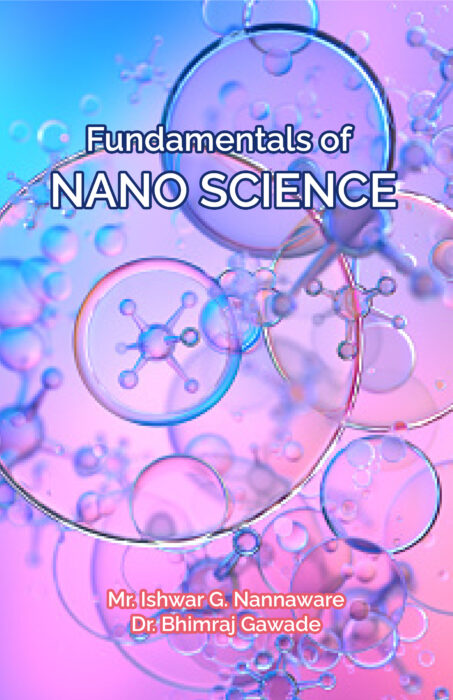
Reviews
There are no reviews yet.